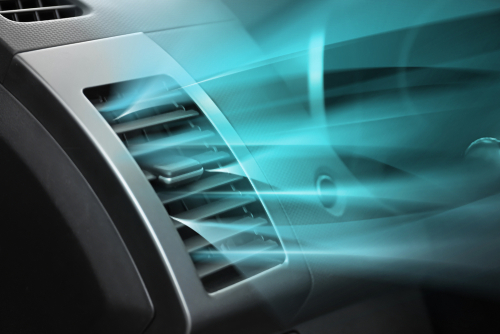Ways to Improve the Interior Air Quality of Your Vehicle
The air quality inside your vehicle can have a significant impact on your comfort and health, especially during long commutes or road trips. Poor air quality can result from accumulated dust, odors, and harmful pollutants. Here are some practical tips to enhance the air you breathe inside your car:
1. Regular Cleaning
- Vacuum Frequently: Dust, dirt, and debris can accumulate in carpets, seats, and crevices. Use a vacuum cleaner with attachments to reach every corner.
- Clean Upholstery: Wipe down leather seats with appropriate cleaners and wash fabric covers periodically.
- Disinfect Surfaces: High-touch areas like steering wheels, gear shifts, and door handles should be cleaned with disinfectant wipes or sprays to eliminate bacteria and germs.
2. Replace Cabin Air Filters
The cabin air filter traps dust, pollen, and other pollutants, ensuring clean air circulation. Follow your vehicle’s maintenance schedule to replace it regularly, usually every 12,000 to 15,000 miles or as recommended by the manufacturer.
3. Use Air Purifiers or Ionizers
Portable car air purifiers and ionizers can effectively remove allergens, bacteria, and odors. Look for devices with HEPA filters for maximum efficiency.
4. Avoid Smoking in the Car
Smoking releases harmful chemicals that linger in the interior for a long time. Avoid smoking in the vehicle to prevent toxic residues and odors from accumulating.
5. Ventilate Regularly
- Open Windows: Allow fresh air to circulate by opening windows periodically, especially after starting the car.
- Use Recirculation Sparingly: While recirculating air can be useful in certain conditions, it’s important to let fresh air in to prevent stale air from building up.
6. Address Odors Promptly
- Deodorize: Use natural odor absorbers like activated charcoal or baking soda to neutralize bad smells.
- Identify Sources: Remove any potential sources of odors, such as leftover food, damp items, or garbage.
7. Avoid Overloading with Fragrances
While air fresheners can mask unpleasant smells, they often introduce synthetic chemicals that can affect sensitive individuals. Opt for mild, natural fragrances or avoid them altogether.
8. Prevent Mold and Mildew
- Dry Wet Areas: Moisture from spills or wet clothing can lead to mold growth. Use towels and keep windows slightly open in safe conditions to let moisture escape.
- Check for Leaks: Inspect seals and weather stripping to prevent water from seeping into the cabin.
9. Maintain the HVAC System
Ensure your heating, ventilation, and air conditioning system is functioning properly. A clean and well-maintained HVAC system can significantly improve air quality.
10. Park Smart
- Shade Parking: Avoid parking in areas with high pollution, such as busy streets or industrial zones.
- Windows Up: Keep windows closed in dusty or high-pollution areas to minimize pollutant entry.
Improving your vehicle’s air quality doesn’t have to be complicated. By incorporating these practices into your routine, you can enjoy a healthier and more pleasant driving experience.

